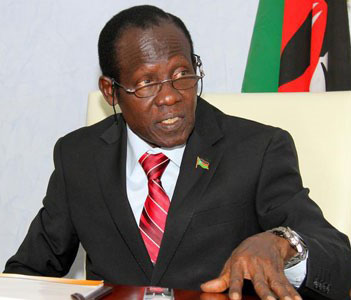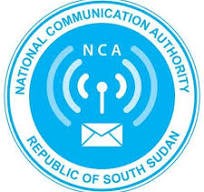By Kidega Livingstone
Vice President for Economic Cluster calls for stringent penalties, possibility, death sentences to deter money laundering and financing of terrorism.
Dr. James Wani Igga said this while addressing a training event organized by the South Sudan Financial Intelligence Unit in Juba.
Considering the importance to combat corruption, money laundering, and terrorist financing, Dr. Igga said this would maintain national security and economic stability of South Sudan.
Igga described money laundering, terrorist financing, and corruption as “evil crimes” that threaten the integrity and stability of the country’s financial system.
“These evils (money laundering, terrorist financing, and corruption) can exist in our country. This can destabilize the economy and revenue collection. Now you should increase the penalty, including to those corrupt people who must be punished,” Igga stated.
The vice president’s remarks come as South Sudan’s government is taking steps to address the issues as part of the economic reforms outlined in the 2018 peace deal signed in Addis Ababa.
Deputy Minister of Finance and Planning, Agok Makur Kur, noted that addressing money laundering and corruption is a crucial component of the reforms.
John Daniel Kipa, the Executive Director of the South Sudan Financial Intelligence Unit, acknowledged that large sums of money have been smuggled through the country’s airports, indicating the presence of illicit financial flows.
He stressed the need for collective responsibility and coordination to strengthen the financial intelligence unit’s efforts and avoid South Sudan being blacklisted by international anti-money laundering and counterterrorism financing standards.
Sonia Essobmadje, the Chief of Finance and Domestic Resource Mobilization at the Economic Commission for Africa, commended South Sudan’s commitment to transparency and accountability, which she said are keys to economic growth.
She urged the government and its partners to implement robust anti-money laundering, counterterrorism financing, and anti-corruption measures to help the country overcome its financial crisis.
Money laundering, a process of disguising the origins of illegally obtained funds, has been a global problem, particularly in countries with high levels of corruption.



